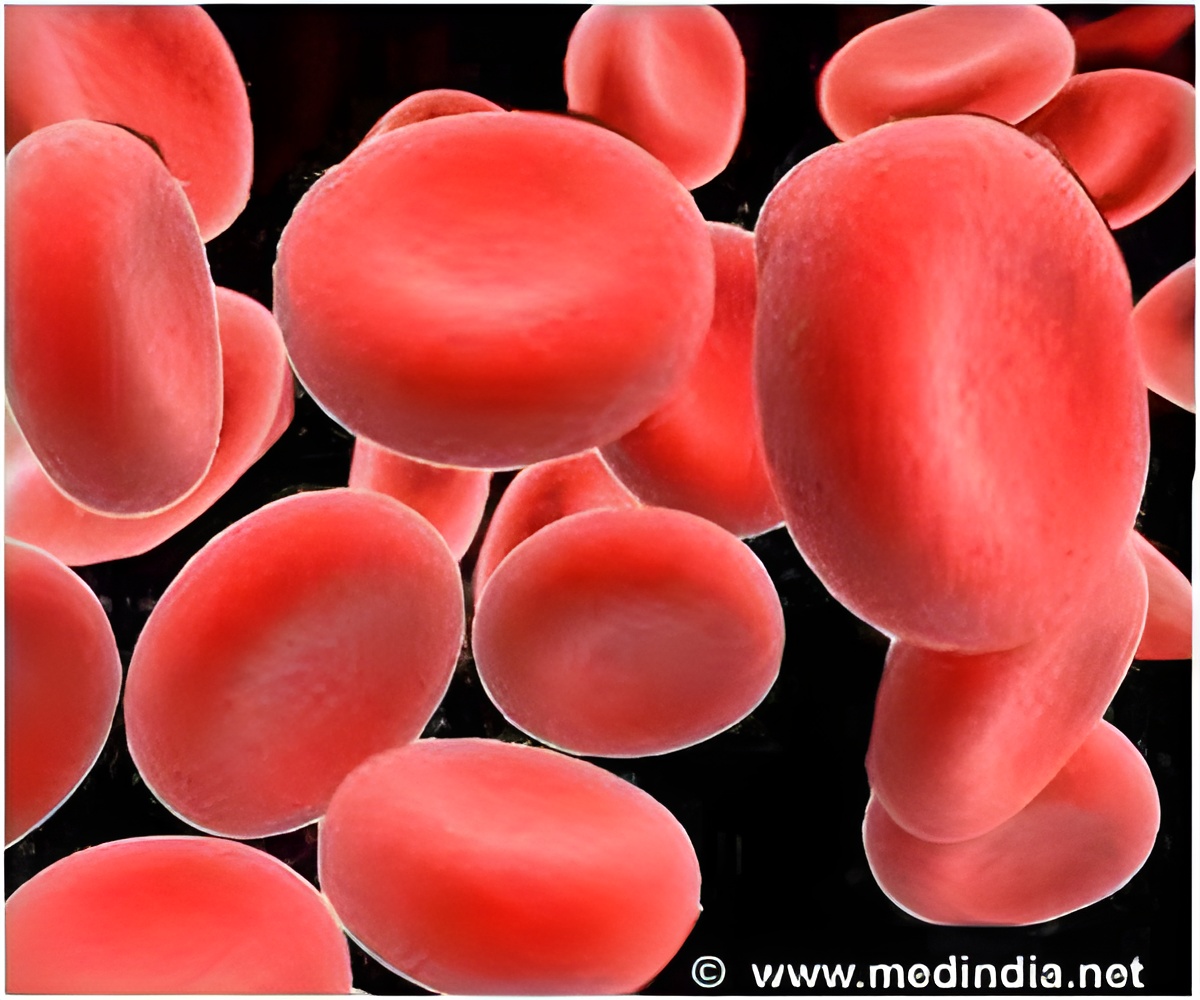When the body's defense system assaults and destroys healthy tissues, autoimmune diseases, such as Type I diabetes and rheumatoid arthritis develop.

T cells and autoimmune disease
In Caucasian populations, a mutated form of LYP (short for lymphoid tyrosine phosphatase) is the third most common single-gene cause of Type 1 diabetes. It ranks second for rheumatoid arthritis.
Researchers have known that LYP and another protein called CSK (C-terminal Src kinase) work cooperatively to keep the immune system's destructive T cells from being activated. Because the uncontrolled activation of T cells is a hallmark of many autoimmune diseases, the proper functioning of LYP with CSK is thought to keep T cells in check.
While the normal form of LYP can bind CSK, the disease-associated mutant LYP cannot. In the new study, Sanford-Burnham researcher Lutz Tautz, Ph.D. led an international group of scientists in showing that normal LYP can disassociate itself from CSK, which paradoxically makes LYP better at dampening the signals that activate T cells. These findings explain why the mutant form of LYP is better at limiting T cell activation than normal LYP.
"It's still a mystery how a protein that impairs T cell signaling causes autoimmunity," said Tautz. "In a simple model of autoimmunity, you would think the opposite."
Advertisement
"If you have regulatory T cells that are not as active because they have inhibited signaling, then they might not be able to do their job properly," Tautz said.
Advertisement
Source-Eurekalert













